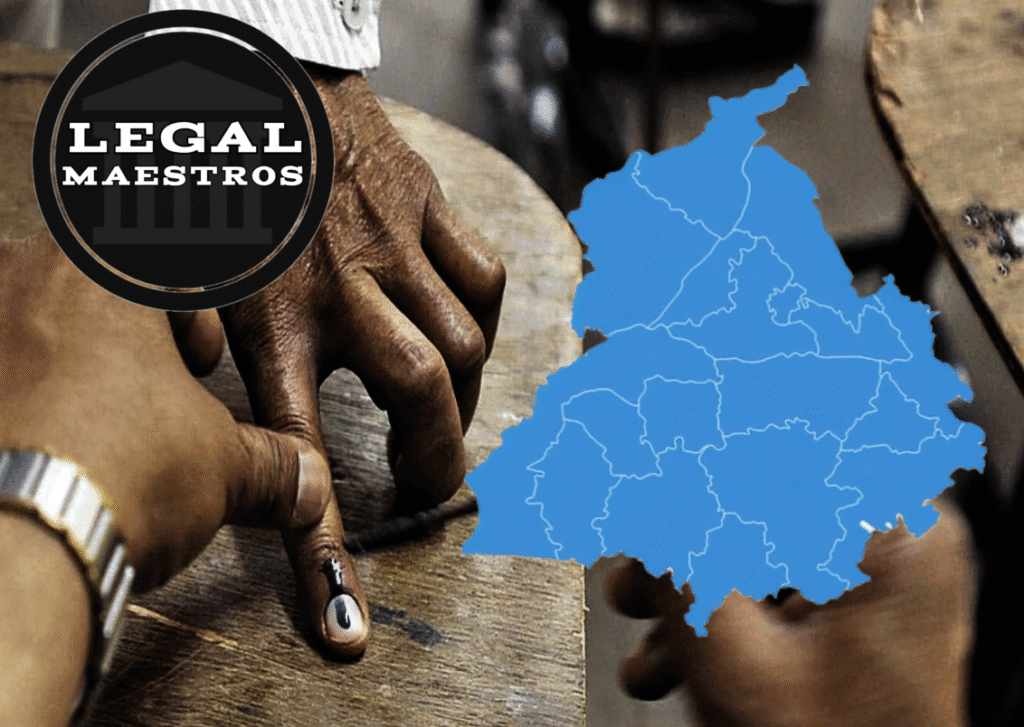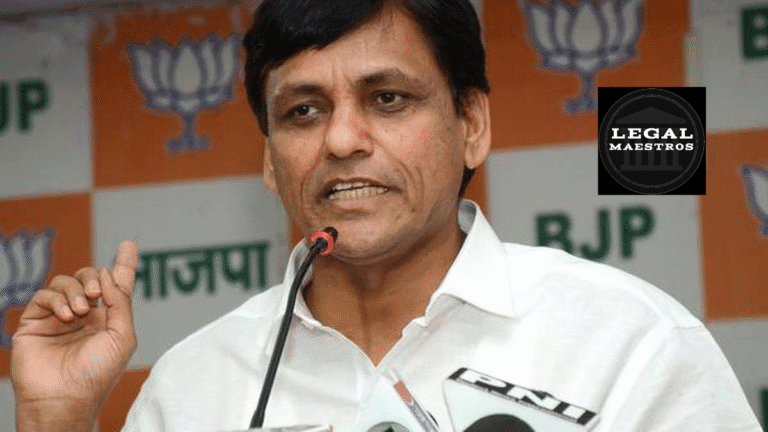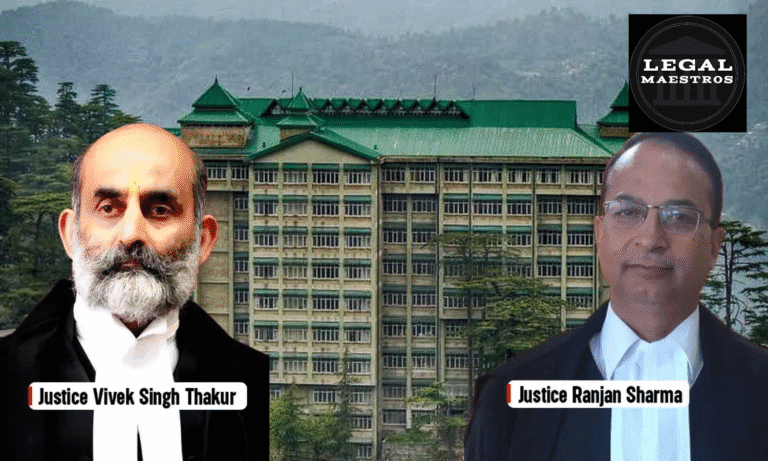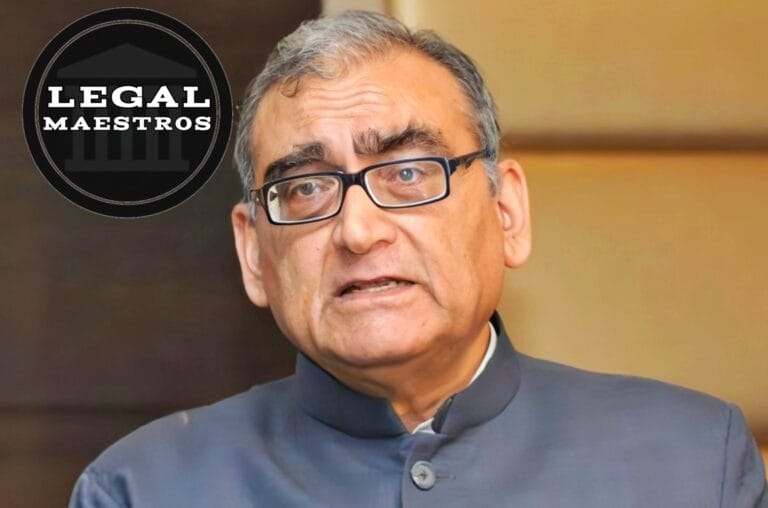
Constitutional Framework Governing Bypolls and Byelections in Punjab and Gujarat: Article 324 and the Representation of the People Act, 1951
This is the introduction.
When vacancies in legislative bodies occur for a variety of reasons, such as resignation, death, or disqualification of current members, byelections, which are sometimes known as bypolls, are held to replace such vacancies.
This election process in India is controlled by a constitutional and legal framework that was meant to assure the continuance of democracy and representation of the people.
When it comes to the procedure of byelections in states such as Punjab and Gujarat, this article dives into the constitutional rules, including Article 324, as well as the statutory regulations that are outlined in the Representation of the People Act, 1951.
For More Updates & Regular Notes Join Our Whats App Group (https://chat.whatsapp.com/DkucckgAEJbCtXwXr2yIt0) and Telegram Group ( https://t.me/legalmaestroeducators ) contact@legalmaestros.com.
Constitutional Mandate, which is Article 324 of the Constitution
In accordance with section 324 of the Constitution of India, the Election Commission of India (ECI) is vested with the authority to supervise, direct, and manage elections. The creation of electoral rolls and the administration of elections for the offices of President and Vice President, as well as elections for state legislatures and national legislatures, are included in this.
The Election Commission of India (ECI) is tasked with the responsibility of ensuring that elections are conducted in a manner that is both free and fair throughout the nation.This information comes from the Indian Kanoon and the Ministry of External Affairs.
In addition, the ability to nominate the Chief Election Commissioner and other Election Commissioners is granted to the President under this provision. Provisions that guarantee the tenure and terms of service of the ECI’s members ensure that the organization is independent from intervention from the executive branch, therefore protecting the autonomy of the Commission.(The Constitution of India, 4th Amendment
In 1951, the Representation of the People Act was passed, which established the statutory framework.
The provision of a comprehensive legal framework for the administration of elections in India is made possible by the Representation of the People Act, 1951 (RPA). The processes for the production of electoral rolls, the elections themselves, and the adjudication of election disputes are all outlined in this document.
The constitutional obligation that is given for in Article 324 is made operative with the help of the Act.
Some of the most important sections of the RPA that pertain to byelections are as follows:
A byelection to replace a vacancy in the House of the People or a State Legislative Assembly must be conducted within six months of the day when the vacancy occurred, as stipulated by Section 151A. However, the remaining term must be at least one year in length for the byelection to be taken into consideration.
Section 30 provides information on the timeframe for the different phases of the election process. This includes the last date for nominations to be submitted, the date for nominations to be scrutinized, the final day for candidates to withdraw their candidatures, and the date of the election process.
In the forty-eight hours immediately up to the completion of polling, election campaign activities such as public gatherings, processions, or ads are prohibited under Section 126. This ensures that voters have a time of quiet during which they may make judgments based on accurate information they have gathered.The Election Commission of India in its seventh year.
For More Updates & Regular Notes Join Our Whats App Group (https://chat.whatsapp.com/DkucckgAEJbCtXwXr2yIt0) and Telegram Group ( https://t.me/legalmaestroeducators )
The most recent developments in the byelections in Punjab and Gujarat
The timetable for byelections in five Assembly seats across four states, including Punjab and Gujarat, was officially declared by the Election Commission in the month of May 2025. The first day of voting is set on June 19, and the counting will take place on June 23.
By-elections are scheduled to take place in the seats of Visavadar and Kadi in the state of Gujarat. After Bhupendra Bhayani, an AAP member of the Legislative Assembly, resigned and joined the BJP, the membership of the Visavadar constituency fell vacant. Because to the passing of BJP Member of Legislative Assembly Karshan Solanki, the Kadi seat, which was reserved for Scheduled Castes, became vacant.
It is important to pay attention to these by-elections since they have the potential to affect the political dynamics in the state.
One of the constituencies in Punjab that is up for byelection is the Ludhiana West seat. As a result of the resignation of the incumbent Member of Legislative Assembly, the seat fell vacant. Considering the complicated political climate in Punjab, the results of this by-election will be keenly monitored.(8th edition of India Today)
In what capacity does the Election Commission function?
A significant part of the responsibility for ensuring that byelections are carried out without any problems lies with the Election Commission. The issuance of notifications, the supervision of the nomination process, the making of certain that the Model Code of Conduct is adhered to, and the supervision of the polling and counting procedures are all assigned to it.
It is also the responsibility of the Election Commission of India (ECI) to guarantee that elections are carried out in a way that is free, fair, and transparent, hence sustaining the democratic spirit of the country.
The conclusion is that
With the intention of upholding democratic values and ensuring ongoing representation in legislative bodies, the constitutional and legal procedures that regulate byelections in India are meant to guarantee byelections.
The Representation of the People Act of 1951 provides a comprehensive procedural framework, while Article 324 of the Constitution gives the Election Commission the power to carry out its duties.
For the purpose of preserving the democratic process and ensuring that the public continues to be fairly represented, the recent byelections that took place in Punjab and Gujarat highlight the significance of these rules.





